 Professor Nigel Biggar Moral Pastoral Theology University Oxford Reparations National Security Slave Trade Enslaved Black Slaves Freespeech
Professor Nigel Biggar Moral Pastoral Theology University Oxford Reparations National Security Slave Trade Enslaved Black Slaves FreespeechAbout this Event
The Collaboration of John Canoe, ADEJA, and Professor Nigel Biggar on Race, Ethnicity, and Immigration for National Security
The subject of race, ethnicity, and immigration in the context of national security has become increasingly significant in contemporary discourse. Central to this discussion is the potential collaboration between John Canoe of the African Diaspora Equity and Justice Alliance (ADEJA) and Professor Nigel Biggar of the University of Oxford. This partnership seeks to address the complexities surrounding these issues and propose a pathway towards reparatory justice and social cohesion. Funded by Reparation Nation Limited, ADEJA's initiatives hold the promise of significant societal impact, particularly in their intersection with academic insights and ethical considerations provided by Professor Biggar's expertise.
Mission and Objectives
The African Diaspora Equity and Justice Alliance (ADEJA) is a movement dedicated to the advancement of the Black African diaspora and the Mixed-Black diaspora. ADEJA’s mission encompasses the pursuit of historical reparatory justice, empowerment, and unity, grounded in an evidence-based approach. This organization serves as a vital platform for addressing past injustices and fostering an environment conducive to social equity.
Structure and Funding
ADEJA is funded by Reparation Nation Limited, a financial entity committed to supporting initiatives aimed at reparatory justice. This backing ensures that ADEJA can operate effectively, promoting its objectives and sustaining its activities.
Operational Framework
ADEJA utilizes the British Police IC codes for racial and ethnic classification, specifically focusing on individuals classified as IC3 Black. These codes serve as a standardized method for identifying and categorizing individuals based on their racial characteristics, aiding in the organization’s goal of clear and precise identity recognition.
Academic Overview
Moral and Pastoral Theology at the University of Oxford involves the study of ethical principles, moral behavior, and the pastoral care within a religious context. This discipline examines how theological insights can be applied to address contemporary moral issues, fostering a deeper understanding of ethical conduct and social justice.
Role of Professor Nigel Biggar
Professor Nigel Biggar is a prominent figure in the field of Moral and Pastoral Theology at Oxford. His work focuses on the intersection of ethics, theology, and public policy, making him an invaluable asset in discussions surrounding race, ethnicity, and immigration. Professor Biggar's expertise provides a critical academic perspective that can help shape ADEJA's initiatives towards achieving their goals in a morally and ethically sound manner.
Shared Objectives
Both ADEJA and Professor Nigel Biggar are driven by a commitment to social justice and ethical governance. Their collaboration is underpinned by shared goals of addressing historical injustices, promoting racial equality, and enhancing national security through inclusive and equitable policies.
Mutual Benefits<h4>For ADEJA:</h4>
- Academic Support: Access to Oxford’s extensive research resources and ethical frameworks.
- Legitimacy: Enhanced credibility through association with a prestigious academic institution.
- Strategic Guidance: Insightful input on policy formulation and implementation.
- Practical Application: Real-world application of theological and ethical research.
- Community Engagement: Strengthened ties with grassroots movements and marginalized communities.
- Policy Influence: Direct impact on policies related to race, ethnicity, and national security.
Definition and Importance
Protected Characteristics under the UK Equality Act 2010 include attributes such as age, disability, gender reassignment, marriage and civil partnership, pregnancy and maternity, race, religion or belief, sex, and sexual orientation. These characteristics are safeguarded to prevent discrimination and promote equality.
Race and Ethnicity as Protected Characteristics
Race encompasses color, nationality, and ethnic or national origins. Ethnicity refers to shared cultural practices, perspectives, and distinctions that set apart one group from another. These characteristics are critical in ensuring fair treatment and protecting the rights of individuals from diverse backgrounds.
Clarifying Identity
ADEJA’s emphasis on race and ethnicity is vital for accurately identifying and addressing the specific needs of the Black and Mixed-Black communities. By using these classifications, ADEJA can ensure that reparatory justice initiatives are precisely targeted and effective.
Implementation of Reparation Policies
The use of race and ethnicity codes allows ADEJA to:
- Identify Beneficiaries: Accurately determine who qualifies for reparatory justice.
- Tailor Programs: Develop programs that address the unique challenges faced by these communities.
- Monitor Progress: Track the impact of reparation policies and make necessary adjustments.
Race as a Security Consideration
The dismantling of race as a protected characteristic poses a threat to national security by:
- Eroding Social Cohesion: Undermining the efforts to promote equality and inclusivity.
- Fostering Discontent: Increasing feelings of marginalization and disenfranchisement among affected communities.
- Weakening Legal Protections: Reducing the effectiveness of laws designed to prevent discrimination and protect vulnerable groups.
Ethnicity and Social Stability
Ethnicity plays a crucial role in:
- Cultural Identity: Preserving the cultural heritage and practices of various communities.
- Social Integration: Promoting understanding and cooperation among diverse groups.
- Policy Development: Informing policies that reflect the needs and contributions of all ethnic groups, thereby strengthening national unity.
Ethical Guidance and Research Support
Professor Biggar can provide ADEJA with:
- Ethical Frameworks: Ensuring that reparatory justice initiatives align with moral and ethical principles.
- Academic Research: Offering evidence-based insights to support ADEJA's claims and strategies.
- Policy Advice: Assisting in the development of policies that are both just and effective.
Educational Programs
Collaboration can also involve:
- Workshops and Seminars: Educating ADEJA members and the wider community on ethical considerations in reparatory justice.
- Publications and Reports: Producing joint publications that highlight the importance of race and ethnicity in social justice efforts.
Practical Insights and Community Engagement
ADEJA can offer:
- Grassroots Perspectives: Providing real-world insights from the Black and Mixed-Black communities.
- Case Studies: Offering practical examples of the challenges and successes in implementing reparatory justice.
- Community Networks: Facilitating connections between Oxford’s academic community and grassroots movements.
Collaborative Projects
Potential collaborative efforts include:
- Joint Research Initiatives: Conducting studies on the impact of reparatory justice on national security.
- Policy Advocacy: Working together to advocate for policies that support racial and ethnic equality.
- Public Engagement: Organizing events and discussions to raise awareness and foster dialogue on these critical issues.
The collaboration between John Canoe of ADEJA and Professor Nigel Biggar of Oxford represents a significant opportunity to address issues of race, ethnicity, and immigration within the context of national security. By combining grassroots activism with academic expertise, this partnership can pave the way for meaningful progress in achieving reparatory justice and promoting social cohesion. The support from Reparation Nation Limited further enhances the potential for this collaboration to make a lasting impact, demonstrating the power of united efforts in the pursuit of equity and justice.



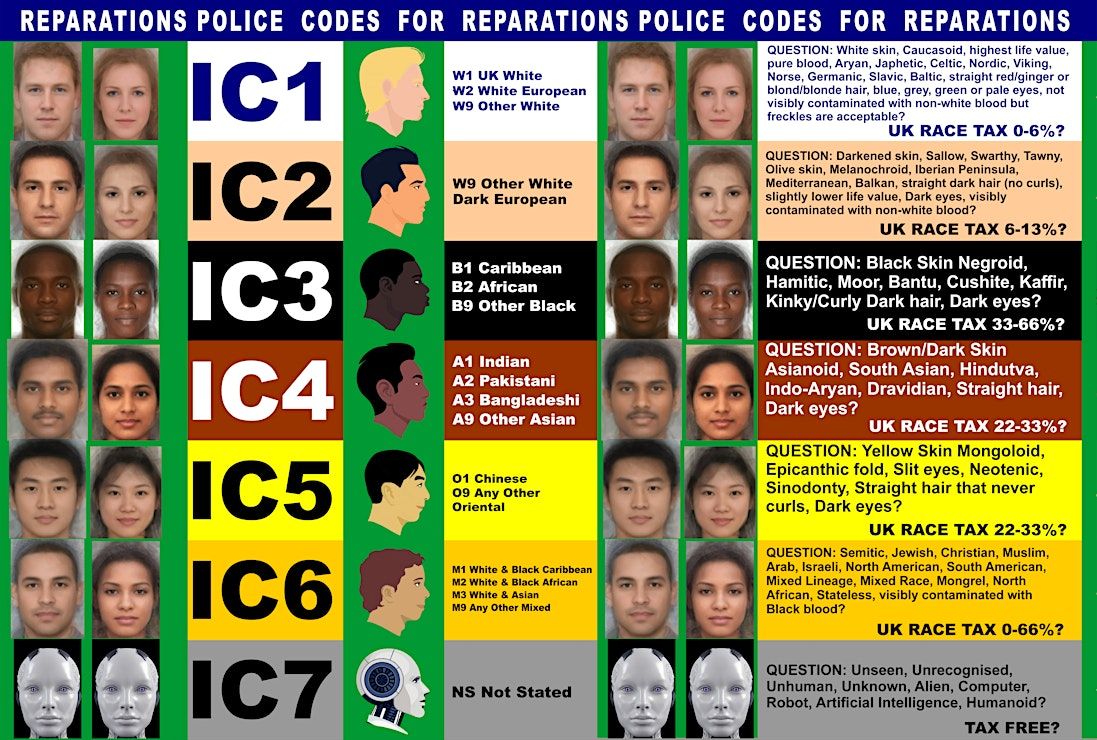
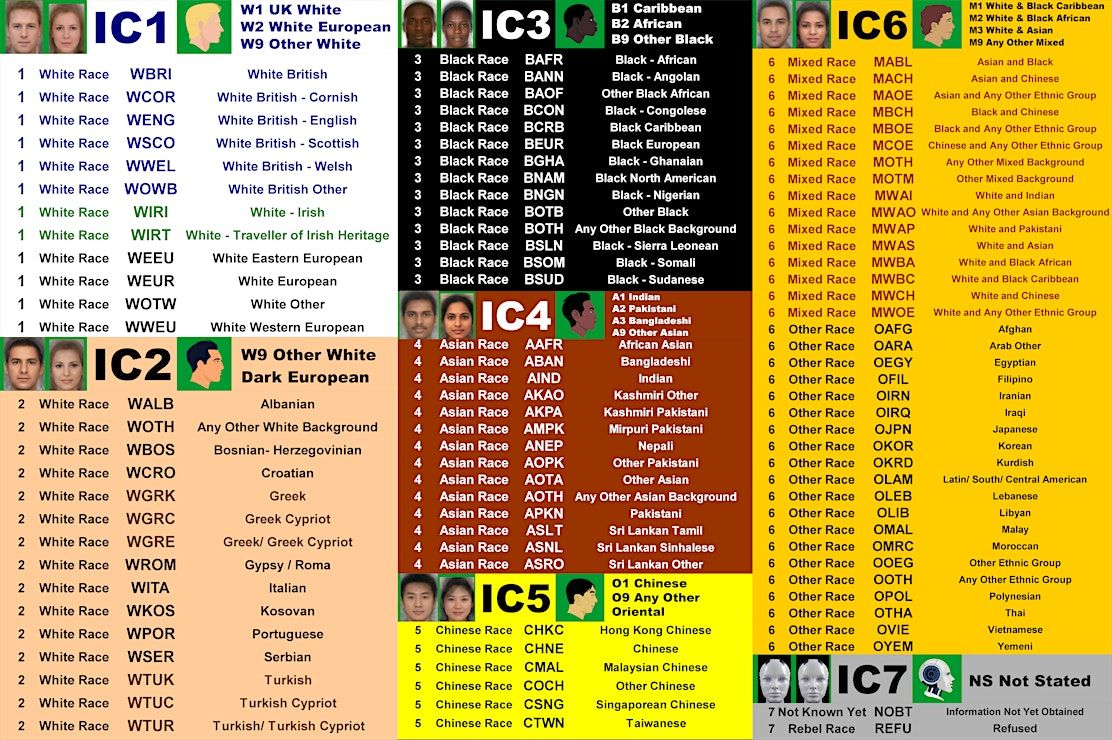
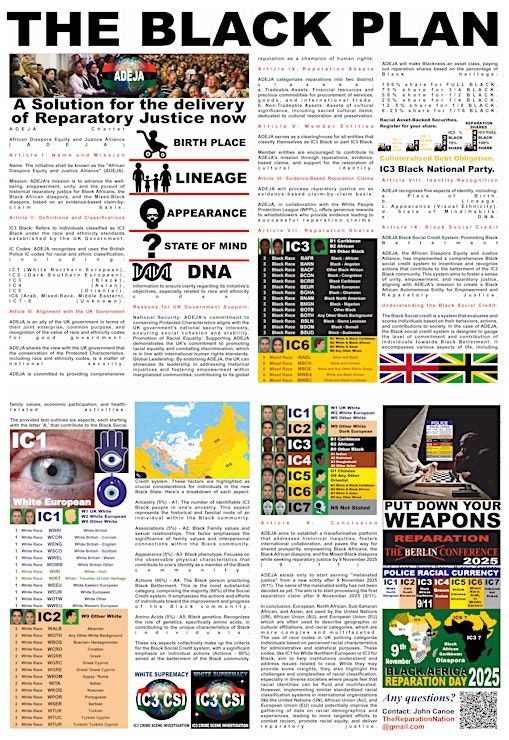


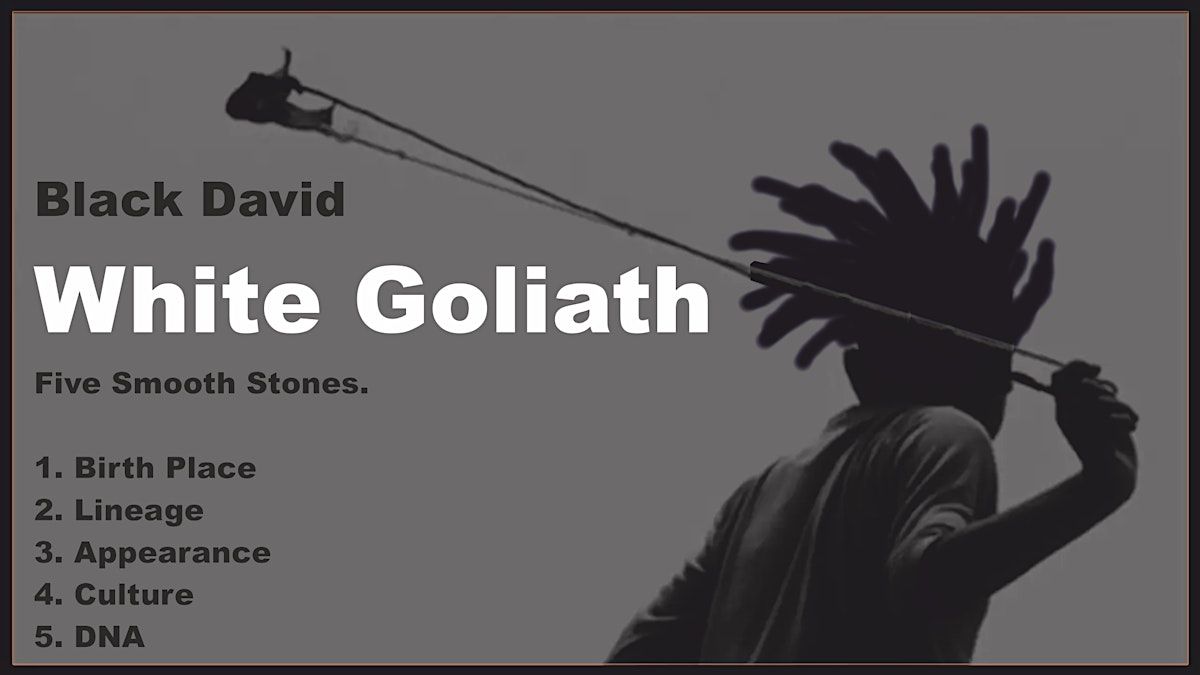
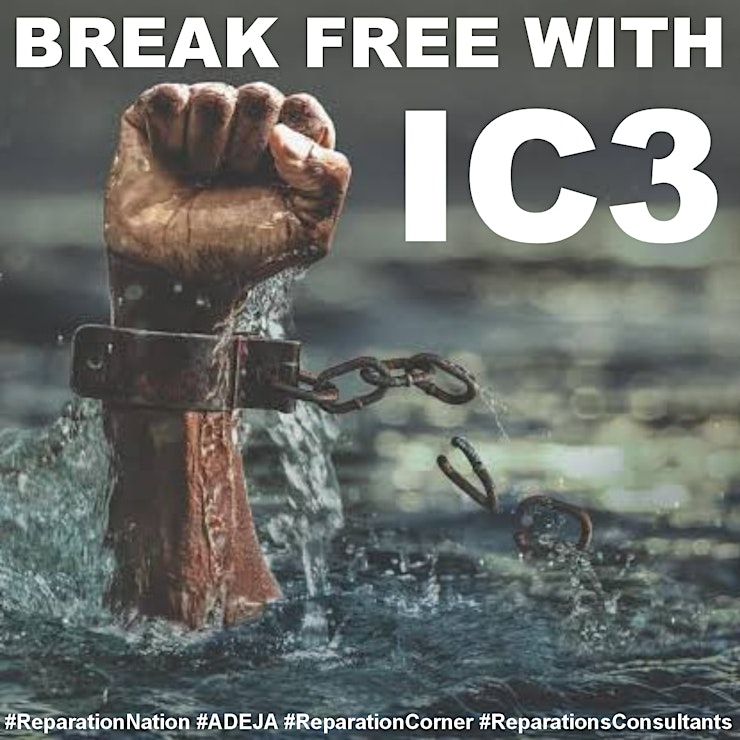



Event Venue
Oxford University Wellington Square, Oxford OX1 2JD, 38a London Road, Enfield, United Kingdom
GBP 0.00
